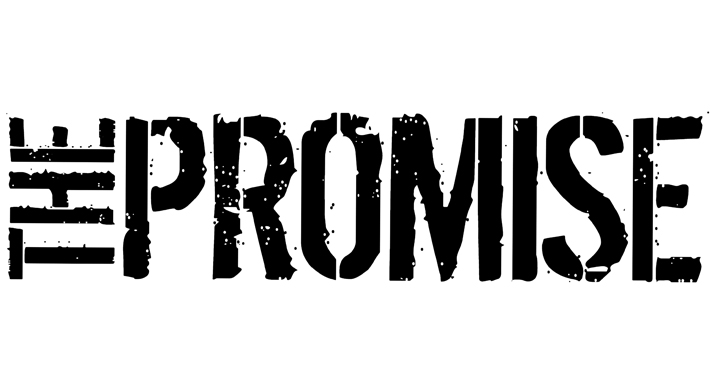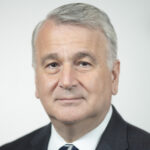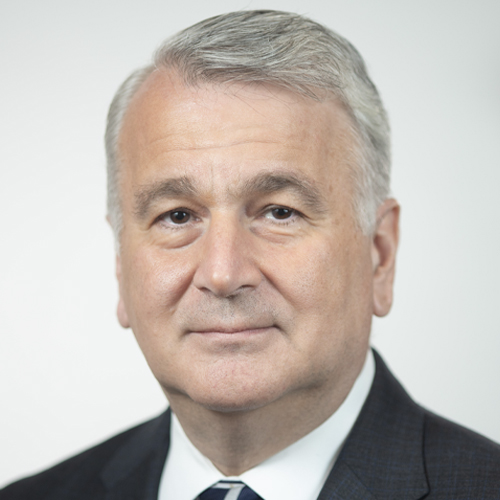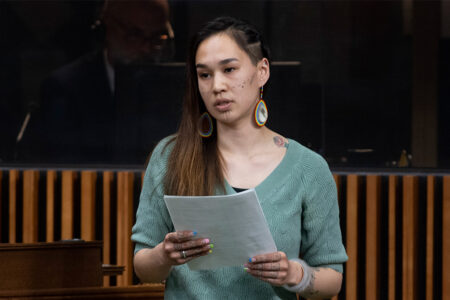
Many times when we recall the past, we think of politicians with bold visions, laying out ideas for public debate and mobilization. I can’t but now think that the state of democracy in Canada is about avoiding the limelight and sliding into power. Perhaps, that’s the easiest path to power. Point the finger – shift focus on the other ”œguy/gal” and voila electoral payback. Is that leadership?
A look at the last few elections confirms this observation. Think about it for a moment. Whoever the election is about – usually loses – 2011 Ignatieff, 2008 Dion, 2006 Martin, 2004 Harper. The same holds true provincially, in BC it was the focus on the NDP, in Alberta the focus was on the Wildrose, in Quebec, it was about the PQ and a potential referendum. Elections are littered with targets.
Now think of Tim Hudak in Ontario. With his promise of a million new jobs and 100,000 cuts to the public service, he has voluntary placed a target on himself. Bold move, yes – but so far the electorate in Ontario hasn’t focused on the Liberal track record in government nor the performance of Wynne as Premier.
Imagine a government that has been in power for over a decade and the election is about an opposition party. Welcome to the Ontario provincial election.
This week a televised leaders debate for the Ontario election will take place. If Wynne can slide through by still keeping the focus on Hudak and his big promises, then Wynne will have the advantage on election day.
Of course, much can happen.
A misstep, an ill-advised comment, a photo-op malfunction, any or all of the above can be politically lethal in the close of a campaign when voters truly start to focus. It’s not over yet. But I will hazard one prediction – we won’t be seeing any new ”œbold” policy promises.
In the words of Sir Humphrey from Yes Minister, ”œControversial only means this [idea] will lose you votes – Courageous means this will lose you the election.”
Follow @niknanos








